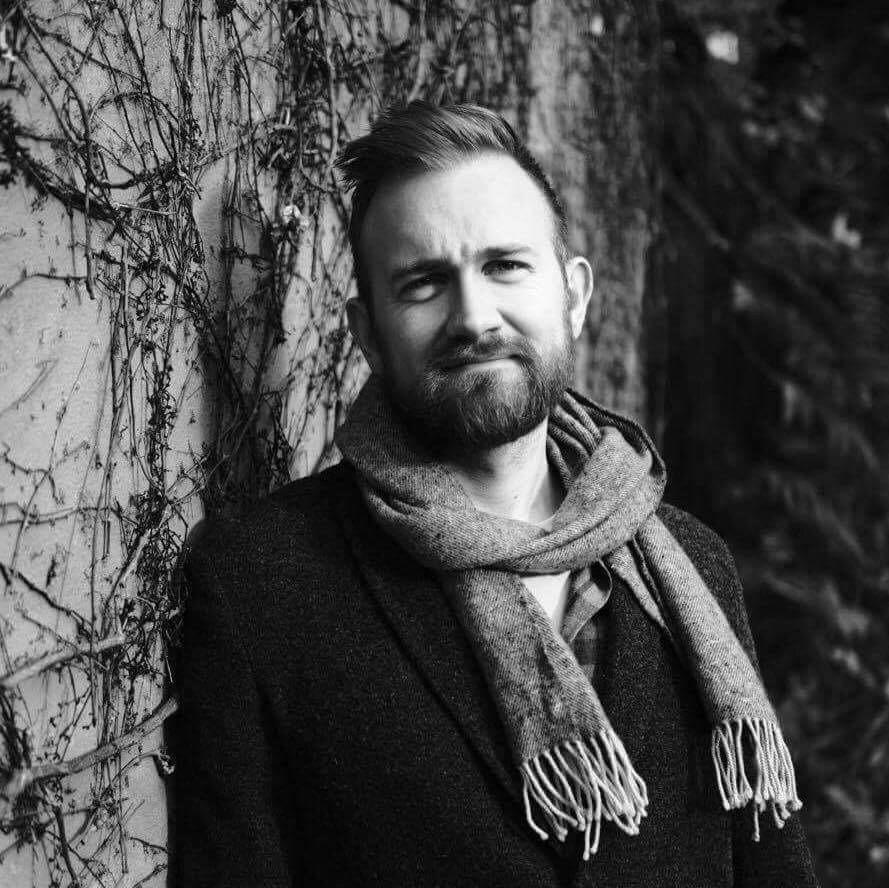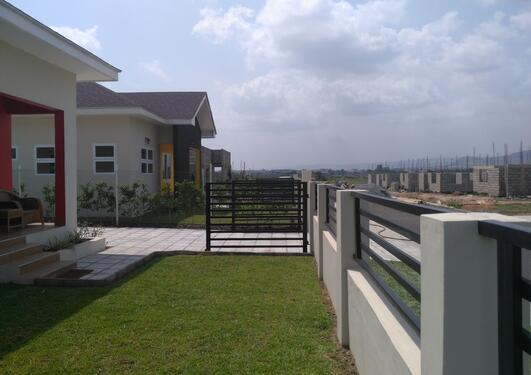Urban Enclaving: Grant enables comparative research project in China
The research project “Urban Enclaving Futures” has received a new grant to establish a comparative research component in China.

Main content
With the new funding, Ole Johannes Kaland, visiting scholar from NLA University College at the Department of Social Anthropology, will conduct fieldwork in China in 2020. The grant, received from the University of Bergen’s seed money for research and education cooperation with China (Såkornsmidler for forskning- og utdanningssamarbeid med Kina), will offer new opportunities for comparative research on urban enclaving in Africa and China.
The international, interdisciplinary research project Urban Enclaving Futures explores the processes of enclaving in the cities of Maputo, Johannesburg and Accra. The project looks into urban development in African cities, focusing on the distribution of urban resources in regard to housing and inequality. The project has a clear emphasis on sustainability, and engages closely with the Agenda 2030 programme and the Sustainable Development Goals (SDGs).
Investigating inequality and housing in Shanghai
Urban Enclaving Futures is now initiating a comparative research component looking into processes of urban enclaving in one of the world’s most populous cities, Shanghai. “This is an interesting case not only because of its diverse and heavily populated areas, but also because the city itself is a result of generations of enclave formations, from the historical semi-colonial areas to the sub-urban areas of migrant workers,” says Kaland.
China’s significant economic growth the last decades is visible in the country’s urban skyline. A well-known example is that of the special economic zone of Pudong in Shanghai, which has come into being since 1990. China’s rapid economic development has strongly decreased the overall poverty in the country, but also increased inequalities. In the reform-era, the state has progressively forwarded the responsibility of welfare to the individual, while Mao-era governmental systems, such as the household registration system (hukou), has been maintained. This limits people’s access to public welfare and rights to the place where they are registered, constituting a major challenge for the many migrant workers in the cities. The growth of cities through influx of migrant workers is one of the key mechanisms leading to growing urban inequality, including in the housing market.
Focusing on these challenges, Kaland will conduct fieldwork in Shanghai and explore the housing market as an arena for social differentiation, where expressions of social and economic inequality are manifested. “Although there are multiple quantitative and structurally oriented studies on urbanization in China, few studies are looking into the actual human experiences and meaning of such communities”, Kaland states.
Strengthening research collaboration with China
With the new comparative project in China, Urban Enclaving Futures will contribute to increased collaboration between research communities in Bergen, China and Africa. The project will mainly work with researchers from Fudan University and China Eastern Normal University in Shanghai.
Ole Johannes Kaland is an anthropologist with 15 years of experience working on China. He has lived in China for four years and speaks Mandarin. Ole Johannes is Associate Professor in intercultural studied at NLA University College and has been a visiting scholar at the Department of Social Anthropology at the University of Bergen since 2017.


